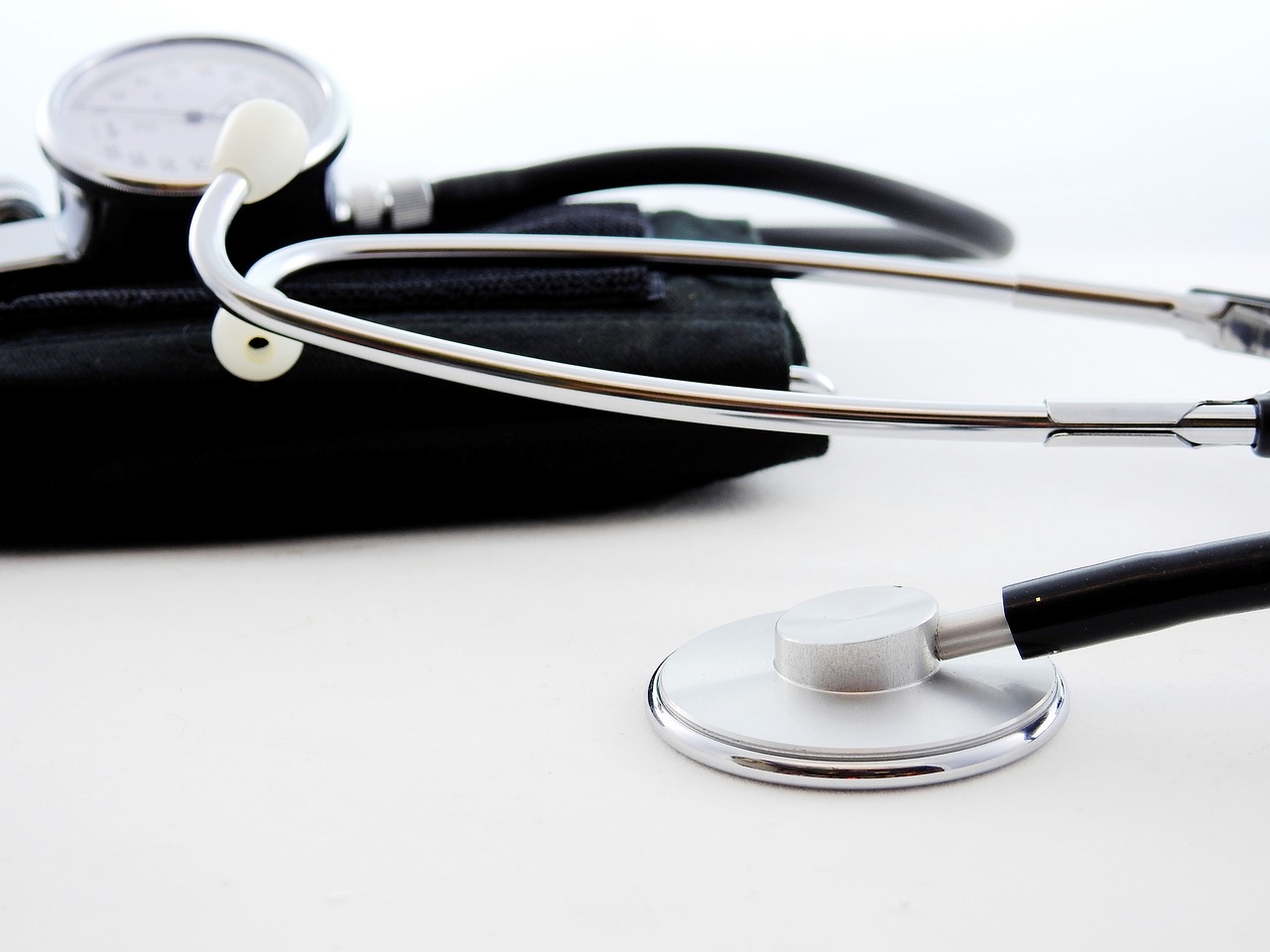
Bekir Yazan, M.D., from the Internal Medicine Department of Güven Hospital informs us about check-up and preliminary preparations.
Table of Content
What is Check-Up?What is Check-Up?
Check-up is the umbrella terms for health screenings to diagnose potential genetic, metabolic and environmental diseases at an early stage, take measures and control them before the concerning person faces a health problem. The personal risks and predispositions can be identified in advance by taking into consideration the age and the genetic and environmental factors.
Why is having check-up at regular intervals important?
The principal aim of the medicine is prevention and protection. Therapeutic medicine is a challenging process. A check-up identifies the high-risk factors that originate from familial predisposition, lifestyle or habits and thus, it can prolong the life and boost the quality of life through early diagnosis and treatment. Having a check-up at regular intervals is the only option for early diagnosis of many health problems. Next, the risk of many diseases is minimized and they are definitely cured through measures and treatments.
Which diseases can be prevented through regular check-up? Or which diseases can be diagnosed at an early stage?
A check-up is primarily used to diagnose and follow up genetic diseases. Diabetes mellitus, hypercholesterolemia, hypertriglyceridemia, thyroid diseases, hypertension, coronary artery disease, aneurysm, weight and nutrition problems, metabolic diseases, certain cancers (breast, colon, thyroid, lung and skin cancers etc.), and gynecological and neurological diseases can be diagnosed early. Thus, treatment and follow-up of these diseases can be initiated at the early stage.
Is there any criterion for necessity of a check-up? Are age and gender important factors?
A check-up should be a personalized process. The check-up should be modified according to all relevant factors, including but not limited to age and gender, habits, familial risk factors, lifestyle, eating habits, and medications. Excluding the check-up programs created for children, there is an age limit for adults, such as people younger than 40 and people older than 40. The content of the check-up program varies according to these factors. In addition to the general check-up, there are also subtypes, such as cardiological, neurological, endocrine, oncologic and athlete’s check-up.
What is optimal time for a check-up?
Adults are recommended to have check-up once a year. Any season of the year can be preferred. If risk factors are identified in the check-up and diet and treatment are planned, follow-up visits are planned at certain intervals (3 to 6 months).
What are the considerations in terms of preparation for a check-up?
Since various tests and studies are performed in a check-up, certain rules should be followed to avoid false results. These are as follows:
The In Vitro Fertilization implies fertilizing a human oocyte with a human sperm at the laboratory settings and transferring the resultant embryo into the womb.
The robotic rehabilitation is a treatment modality used to restore the walking ability in patients with total or partial loss of the gait function. The robotic rehabilitation is an evidence-based treatment that also involves virtual reality processes.
All pre-and post-operative procedures of the kidney transplant are extremely crucial for the health of both the recipient and the donor.
The check-up examinations allows treatment of the diseases successfully before the condition progresses to the symptomatic stage, as it ensures early diagnosis of many diseases.
An aesthetic look is important for most women. Certain processes that can cause deformities in women's body can make them feel unhappy and desperate.
Breast cancer is the most common type of cancer in women not only in our country but also worldwide.
As coronavirus (COVID-19) pandemic progresses, scientists teach us more about the virus and how it progresses.